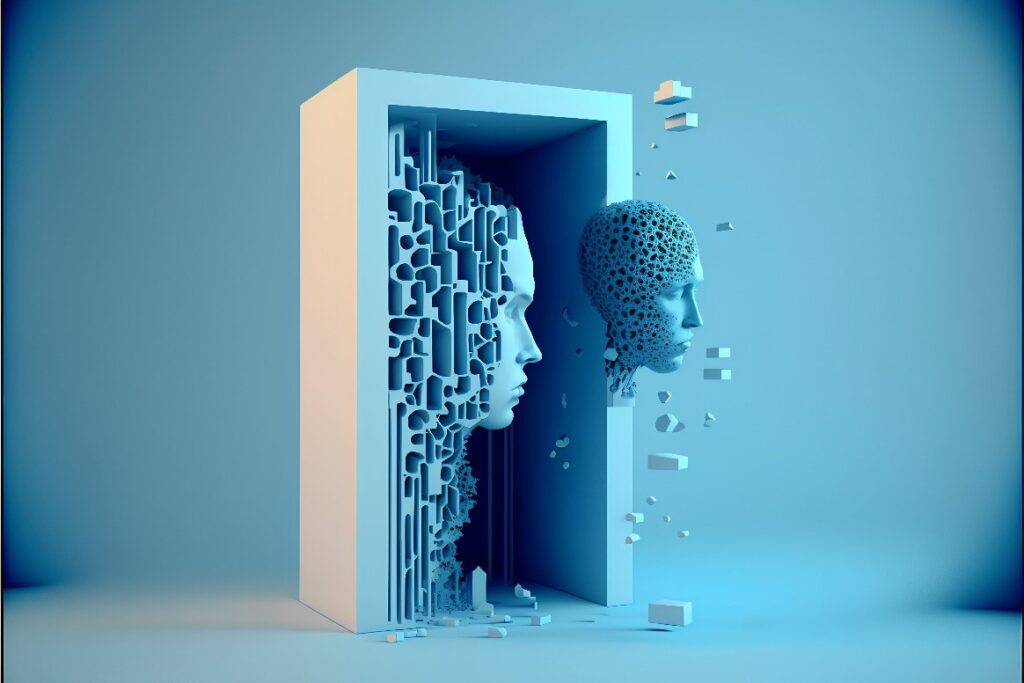In an era characterized by information abundance and rapid change, the ability to think critically has become a cornerstone for success. Critical thinking goes beyond rote memorization; it involves actively engaging with information, questioning assumptions, and developing analytical skills that are essential in decision-making, problem-solving, and navigating the complexities of the modern world. Dr. Benjamin Todd Eller of California delves into the significance of critical thinking and provides practical tips and exercises to nurture this invaluable skill.
Understanding Critical Thinking: A Multifaceted Skill Set
Critical thinking is a cognitive process that involves analyzing, synthesizing, and evaluating information to make informed decisions. It is a multifaceted skill set that extends beyond academia, influencing professional success and personal development.
Analyzing Information: The Foundation of Critical Thinking
Questioning Assumptions
Critical thinkers actively question assumptions and challenge the status quo. Instead of accepting information at face value, they delve deeper to understand the underlying assumptions, biases, and implications.
Evaluating Evidence
Examining evidence is a crucial aspect of critical thinking. It involves assessing the reliability, relevance, and credibility of information sources. This skill is essential for making informed decisions based on a solid foundation of evidence.
Problem-Solving: Applying Critical Thinking in Real-World Scenarios
Identifying Solutions
Critical thinkers approach problems systematically, breaking them down into manageable components. They identify potential solutions, weigh their pros and cons, and select the most viable option based on reasoned judgment.
Creative Thinking
Critical thinking is not limited to analytical skills; it also encompasses creative thinking. Innovating and generating novel ideas require the ability to think outside the box, a skill that critical thinkers cultivate.
Decision-Making: A Rational Approach to Choices
Balancing Emotion and Reason
Critical thinkers strike a balance between emotion and reason in decision-making. They consider both logical arguments and emotional responses, recognizing that an effective decision involves a holistic understanding of a situation.
Anticipating Consequences
Considering the potential consequences of decisions is a hallmark of critical thinking. This forward-thinking approach helps individuals make choices with a clear understanding of the short- and long-term effects.
Developing a Well-Rounded Worldview: Beyond Surface-Level Understanding
Cultural Competence
Critical thinkers appreciate diverse perspectives and cultivate cultural competence. They recognize that a well-rounded worldview involves understanding different cultural norms, values, and belief systems.
Media Literacy
In an era of information overload, critical thinkers possess strong media literacy skills. They can discern credible sources from misinformation, enabling them to navigate the complex landscape of news and online content.
Practical Tips for Developing Critical Thinking Skills

- Engage in Thoughtful Discussions:
Participate in discussions that encourage critical thinking. Whether in a classroom setting, online forums, or with peers, engaging in thoughtful conversations allows you to consider different viewpoints and refine your own arguments.
- Read Diversely:
Expose yourself to a wide range of perspectives by reading diverse literature, articles, and opinion pieces. This broadens your understanding of different subjects and challenges preconceived notions.
- Solve Puzzles and Brain Teasers:
Engage in activities that stimulate your brain, such as solving puzzles and brain teasers. These exercises enhance problem-solving skills and promote creative thinking.
- Reflect Regularly:
Allocate time for self-reflection. Consider your thought processes, decision-making, and reactions to different situations. Identifying areas for improvement is a crucial step in honing critical thinking skills.
- Seek Constructive Feedback:
Invite constructive feedback from peers, mentors, or educators. Constructive criticism provides valuable insights into areas where you can enhance your critical thinking abilities.
Incorporating Critical Thinking into Daily Life
- Professional Development:
In the workplace, critical thinking is highly prized. Employers value employees who can analyze situations, solve problems, and make informed decisions. Actively seek opportunities to apply critical thinking in your professional endeavors.
- Lifelong Learning:
Embrace a mindset of lifelong learning. Continuously seek knowledge and stay curious about the world around you. This not only enhances your critical thinking skills but also fosters personal growth.
- Leadership and Decision-Making:
Leadership requires effective decision-making, a skill at the core of critical thinking. Whether in a leadership role or aspiring to one, cultivating critical thinking contributes to strategic and informed decision-making.
Conclusion: A Lifelong Journey of Growth
Critical thinking is not a static skill; it is a lifelong journey of growth and development. By actively engaging with information, questioning assumptions, and embracing diverse perspectives, individuals can enhance their analytical skills and navigate the complexities of the modern world with confidence. As you embark on this journey, remember that critical thinking is not just a tool for success—it is a transformative mindset that shapes your approach to learning, decision-making, and the pursuit of knowledge.
